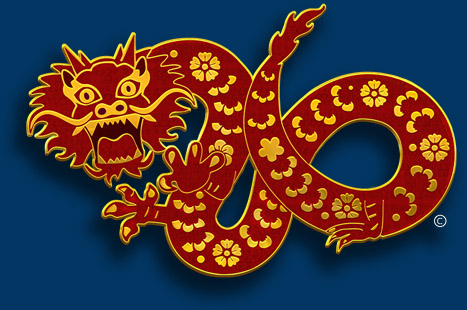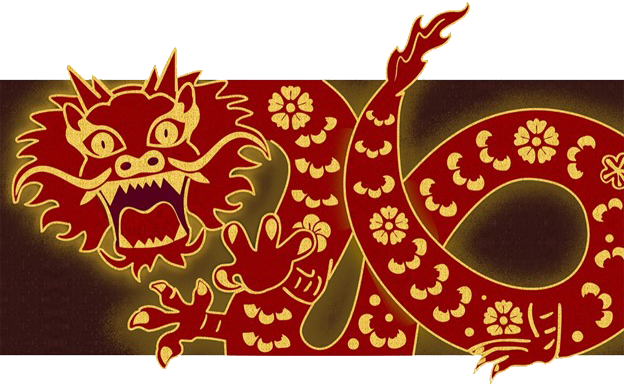THE ZEN MIRROR
What is Success in Martial Arts?
By Jeff Brooks
We devote so much sweat and struggle and heart to our martial arts training. But how do we know if we are succeeding?
Non martial artists sometimes think that the measure of success is how many people you beat up. In martial arts movies each challenge takes the form of a single combat to destruction or death. If this really were the way to measure success then there would be only one excellent martial artist, with a lot of dead ones, and that winner would soon tire out and be replaced by another temporary victor.
In real life dopes like that get straightened out quick – ganged up on in the schoolyard or hustled off to jail. It is in no way a measure of a successful martial arts practice.
Some feel that the best measure of success is tournament wins. Points scored and trophies won give them confidence that they are achieving skills. There are some very skillful tournament competitors. And there is no doubt that the pressure of an upcoming match gives lots of martial artists the incentive to train hard and go deeper than they otherwise would.
But if winning contests were a reliable measure of success then the feeling of elation that comes from winning a match would not fade in seconds or hours after a victory, replaced by the need for another. And there is always the idea in the back of your mind, if you are competing, that many great fighters were never signed up for that match. That on the street, in a prison, in the military, somewhere out there, there are people whose fighting skills are extremely high, who are training furiously for encounters in which there are no rules and no time outs, whose propensity for violence is high, who you might face someday, but never in an organized tournament, at a level of conflict no cage could contain.
Not that the tournament trained person would necessarily be at a disadvantage, just that, as you head home with your trophy, you can’t know.
Some martial artists measure their success by rank. Rank can be meaningful within a dojo or a style to indicate proficiency in a skill set or advancement in curriculum. And it organizes the relationships within the group – who leads, who follows, who is an authority, who works together. But between styles ranks may vary in meaning. Within schools the ranks may be awarded to people of widely differing skill levels. Some schools may keep solid, hard-working members at white belt or green belt for years; in others you will find 10 year olds with high degree black belts. You will find people who have been treading the same ground for thirty years, getting promoted higher and higher, acquiring Japanese titles and an aura of omniscience whose skill is declining and their egos bloating. If rank was a true measure of success they would be transferable between schools, and the people who held them would have no anxiety inside or outside their school about their proficiency. High ranks would mean mastery, low ranks would mean humble aspiration and everyone would respect everyone else. Ranks may mean something to the people involved in a given group, but rank, in itself, is not a reliable measure of success.
When I look out over a class, martial artists or law enforcement, recruits or operations specialists, the challenge of understanding how to measure success is always present. If I am not sure what they need to achieve how can they know if their time is well spent? If there is no clear way to establish what is valued, what matters, what works, then how can I ever expect a high level of performance from the group.
But I do know what success is. It is not the same every moment for every person but in the long run there are a set of guiding principles we can rely on and which we can use to measure our achievement:
- Everyone trains sincerely – that means they are focused on what they are doing and trying hard
- Everyone becomes more skillful when they leave than they were when they entered
- Everyone’s body is tested and pushed to a high level of performance
- Everyone’s mind is stabilized and clear
- Everyone is introduced to a new idea, technique or insight
- Everyone reviews what they know how to do
- Everyone takes a deeper responsibility for their own training and for the people around them
- Everyone becomes aware that consistency is indispensable for high skill
- Everyone is reminded that the ultimate test is coming
- That the people we will face are training to the limit of their ability
- That are no time outs in life
- No breaks
- No shortcuts
- No one else to carry on the battle
- If they absorb this and act on it we have a successful training
Do it for a lifetime and you are a successful martial artist.
Copyright Jeff Brooks and FightingArts.com 2010
Jeffrey M. Brooks
Jeff Brooks (9th dan), began martial arts training in 1978 and opened his first karate dojo in Northampton, MA (1988 through 2009), while also conducting self-defense seminars, professional programs in combative skills and served as a regular contributor on Zen and karate-related topics to FightingArts.com.
Jeff then moved to South Carolina and started a career in law enforcement, serving as a police officer, then detective, defensive tactics instructor, firearms instructor, PPCT instructor, Deputy US Marshal, and Deputy Sheriff. After retirement, he founded Mountain Karate in Saluda, NC.
In karate Brooks received his 5th degree Black Belt from the Nagamine honbu dojo, his 7th degree black belt in 2004, and his 9th degree black belt in 2022, in recognition of his formation and leadership of Yamabayashi Ryu. He studied with leading teachers in Okinawan, Japanese, and Chinese traditions, in the US and overseas, including Katsuhiko Shinzato (the translator of Shoshin Nagamine’s Essence of Okinawan Karate Do, and formerly a student of the Kishaba brothers’ karate and kobudo); Sogen Sakiyama, Roshi (direct student of Miyagi Chojun, and practitioner of Goju-ryu karate); and Shoshin Nagamine (Chief of the Motobu District Police, Mayor of Naha, and founder of Matsubayashi Shorin Ryu).
Jeff Brooks has written hundreds of published articles on martial arts, and Zen and has been cited widely online and in print. He wrote speeches and presentations for high profile public figures in politics, media, business and the arts.
He is author of several books including “True Karate Dō”, available on Amazon.com
Search for more articles by this author:






